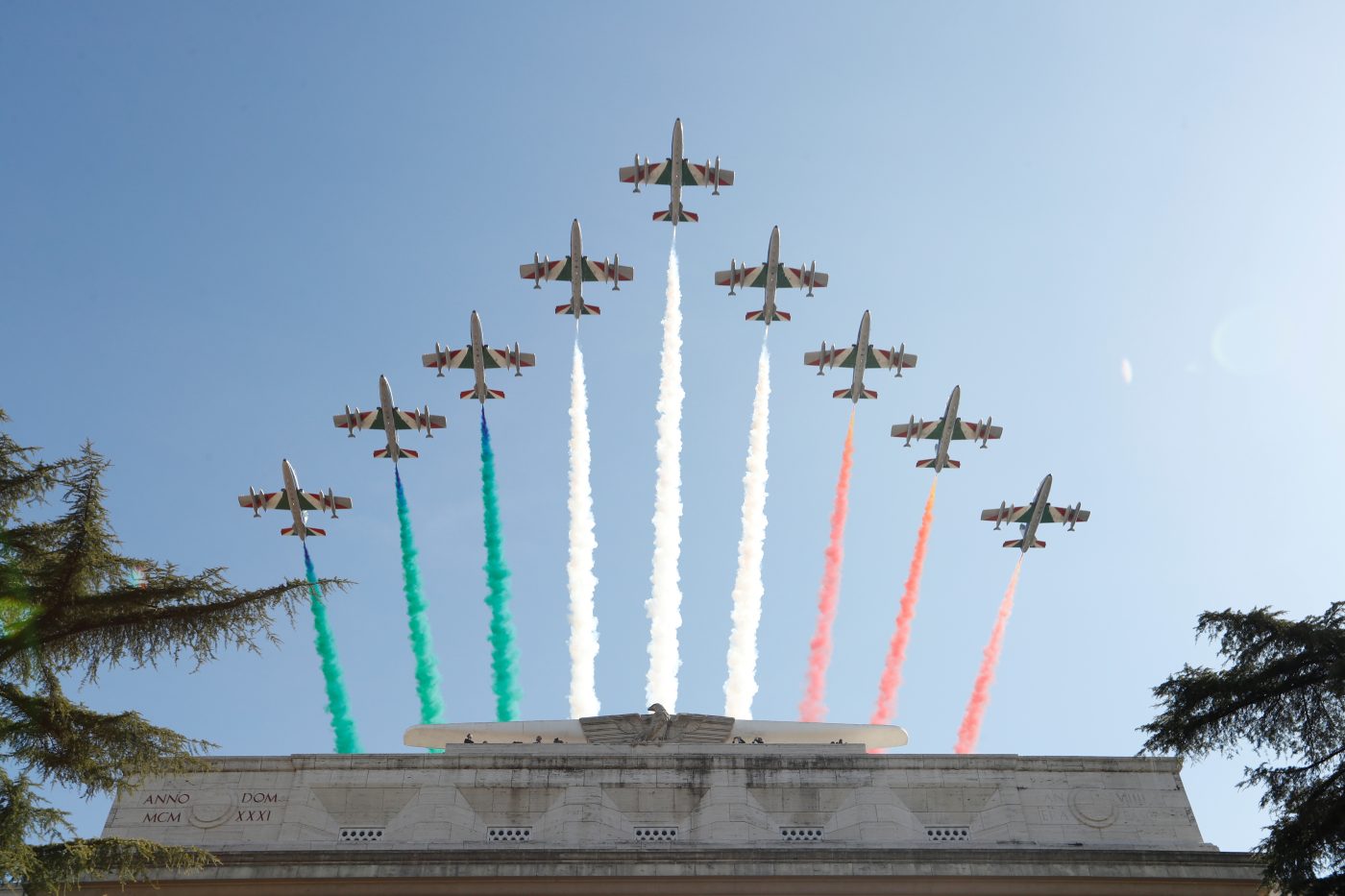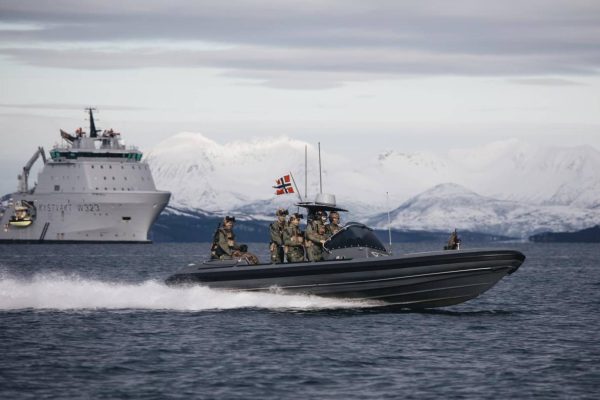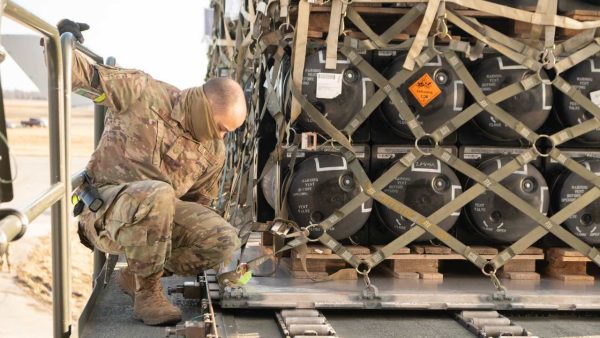It is a time of change in Europe. French President Emmanuel Macron and German Chancellor Olaf Scholz are grappling with domestic problems and tricky foreign policy reassessments, while Spain is dealing with the messy aftermath of an indecisive election.
Meanwhile, Prime Minister Giorgia Meloni’s Italy is uncharacteristically stable – even emerging as what may become a useful point of reference for the US in the region.
The Italian premier arrives at the White House on July 27 to meet President Joe Biden. The Democratic politician has shown pragmatism by turning a blind eye to Meloni’s old sympathies for the Trumpian right (including her participation in the 2019 CPAC conference.). On the other hand, the young leader who emerged from Italy’s post-fascist right has also demonstrated clear-cut pragmatism in foreign policy, starting with her staunch support for Ukraine, even more so perhaps than her predecessor Mario Draghi.
The European landscape is rapidly evolving. The great engine of European integration, the Franco-German alliance, is at odds over that issue and many more. The United Kingdom has chosen to leave the European Union (EU), losing its role as America’s most reliable ally within the bloc, and there is a clear emergence of an eastern group of countries that are hardline on security issues, yet oppose European convergence on foreign policy and defense.
Italy’s Atlanticist role has thus been strengthened, particularly in areas of US interest. The government in Rome is firmly committed to backing Ukraine, despite some loose statements by members of the majority; there has been significant Italian and EU activism in the Western Balkans; and Italy is trying to take the lead on many Mediterranean issues, such as those involving Tunisia and Libya, in anticipation of the Mattei Plan for Africa (a proposed cooperation framework, designed to jointly tackle migration, energy, and African development) which will be unveiled in October.
There’s also China. In 2019, under Giuseppe Conte’s populist government, Italy became the first (and only) G7 country to join the Belt and Road Initiative (BRI.) Meloni is reportedly inclined not to renew the agreement when it expires in March. “You can have good relations, even in important areas, with Beijing, without these necessarily being part of an overall strategic plan,” Meloni said in a May interview.
It’s unlikely there will be any official announcement to this effect while the premier is in Washington. But it is likely the Italian leader will want to sound out President Biden on the shape of future US policy toward China in order to find the best formula for Italy’s de-risking strategy – which the G7 countries committed to at the recent summit in Hiroshima, Japan.
Finally, Italy takes the G7 presidency next year. Rome will continue the work of previous chairs, which gave great importance to de-risking and the interconnection between the Euro-Atlantic and Indo-Pacific while adding a strong focus on the link with the Global South.
“We have to extend our hand to these countries, help them grow in a better way,” explained Ambassador Luca Ferrari, G7/G20 sherpa at the prime minister’s office, describing this as a “duty on the part of the richest countries.”
Italy will also raise the increasingly fractious issue of migration to the table next year, stressing the importance of a “non-predatory” approach toward the Global South, as advocated by Meloni.
There will also be the standard grab bag of bilateral issues discussed by foreign leaders visiting the White House; defense, space, technology (including Artificial Intelligence), and “Made in Italy” exports (the United States is the economic partner with which Italy has the largest trade surplus.)
Arguably, the litmus test for the relationship between Biden’s US and Meloni’s Italy may be the latter’s degree of involvement, at multiple levels, in the Quint format of meetings convened by the White House with other European states (France, Germany, and the UK) – which could cement Rome’s status as an influential interlocutor and an established member of Europe’s big four powers.
Gabriele Carer is a journalist at Formiche.net in Rome. He has been a visiting fellow at the Rome office at the European Council on Foreign Relations, where he researched foreign disinformation and interference threats in Italy.
Europe’s Edge is CEPA’s online journal covering critical topics on the foreign policy docket across Europe and North America. All opinions are those of the author and do not necessarily represent the position or views of the institutions they represent or the Center for European Policy Analysis.





